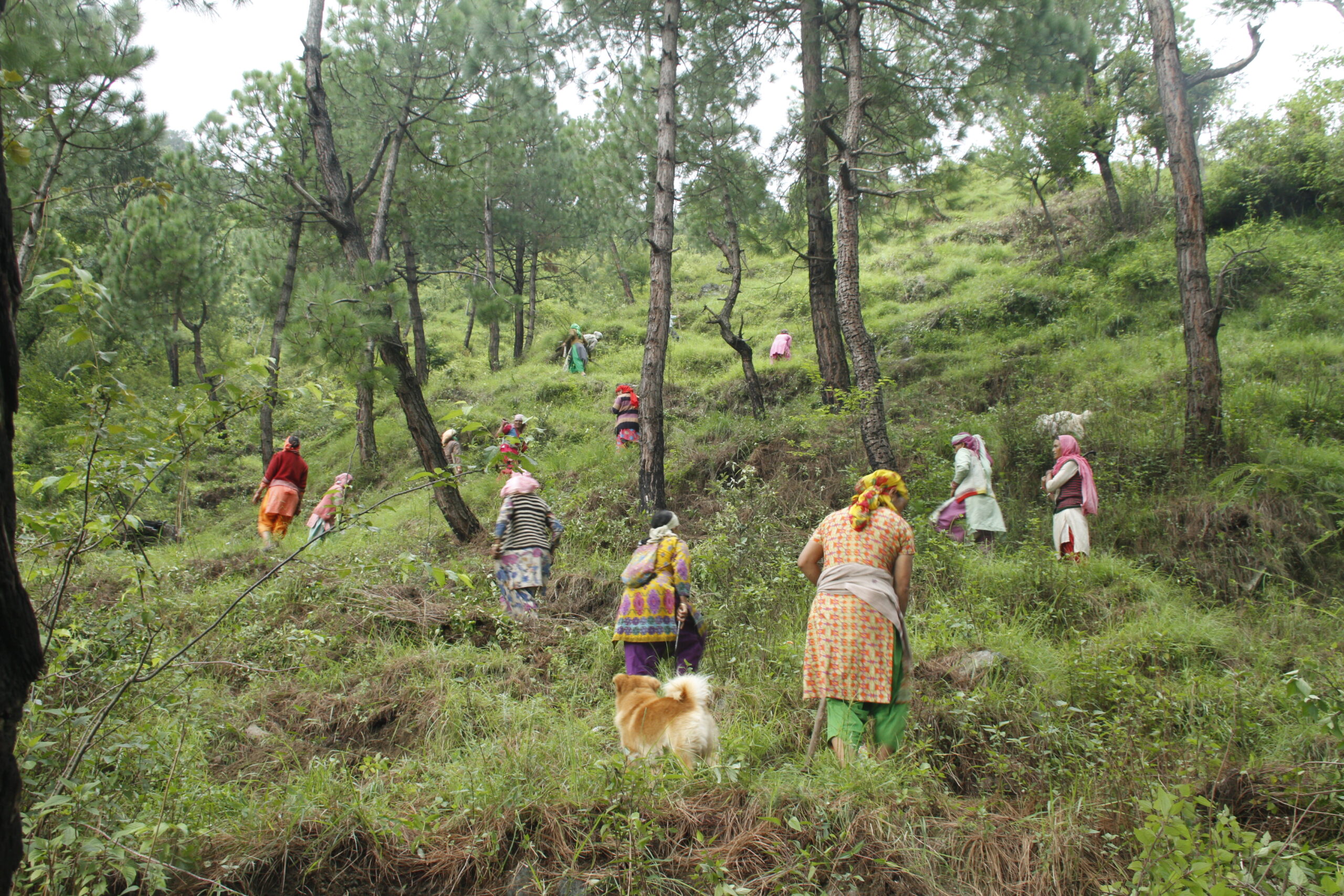
Himachal Pradesh Forest Ecosystems Climate Proofing Project
Timeframe
Duration
As of
Sustainable
Development
Funded by:
KfW Development Bank

Introduction
Forestry is a major economic sector and resource for rural livelihoods in Himachal Pradesh providing a multitude of timber and non-timber forest products (NTFPs). In all regions of the state, however, forests continue to degrade due to limited management options and biotic, anthropogenic and climatic factors. This increases the vulnerability of forest ecosystems and rural populations unless adaptive measures are taken. Climate Change models have stressed the need for anticipatory and proactive adaptation strategies and policies to maintain the multiple functions of forest ecosystems.
The Project
The overall objective of the project is “to manage forest ecosystems in Himachal Pradesh as to minimize and mitigate the risks of climate change and its negative impacts”.
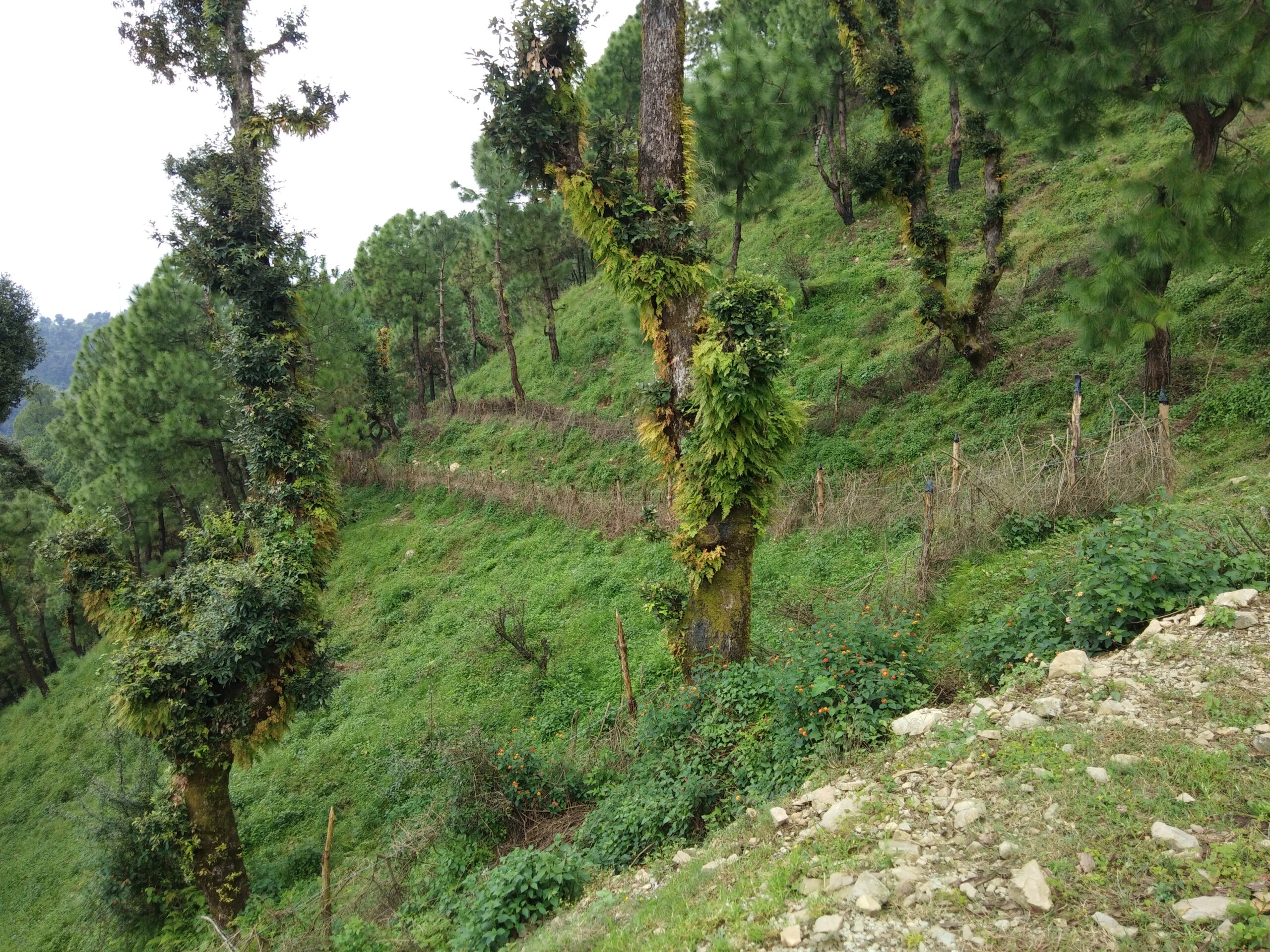
Project Objectives
Expected project impacts are:
- Reduced forest degradation
- Increased biodiversity
- Enhanced incomes for forest-dependent communities in vulnerable landscapes
- Increased availability of spring water in treated spring catchment areas
- Sustainable management of forests in the project area
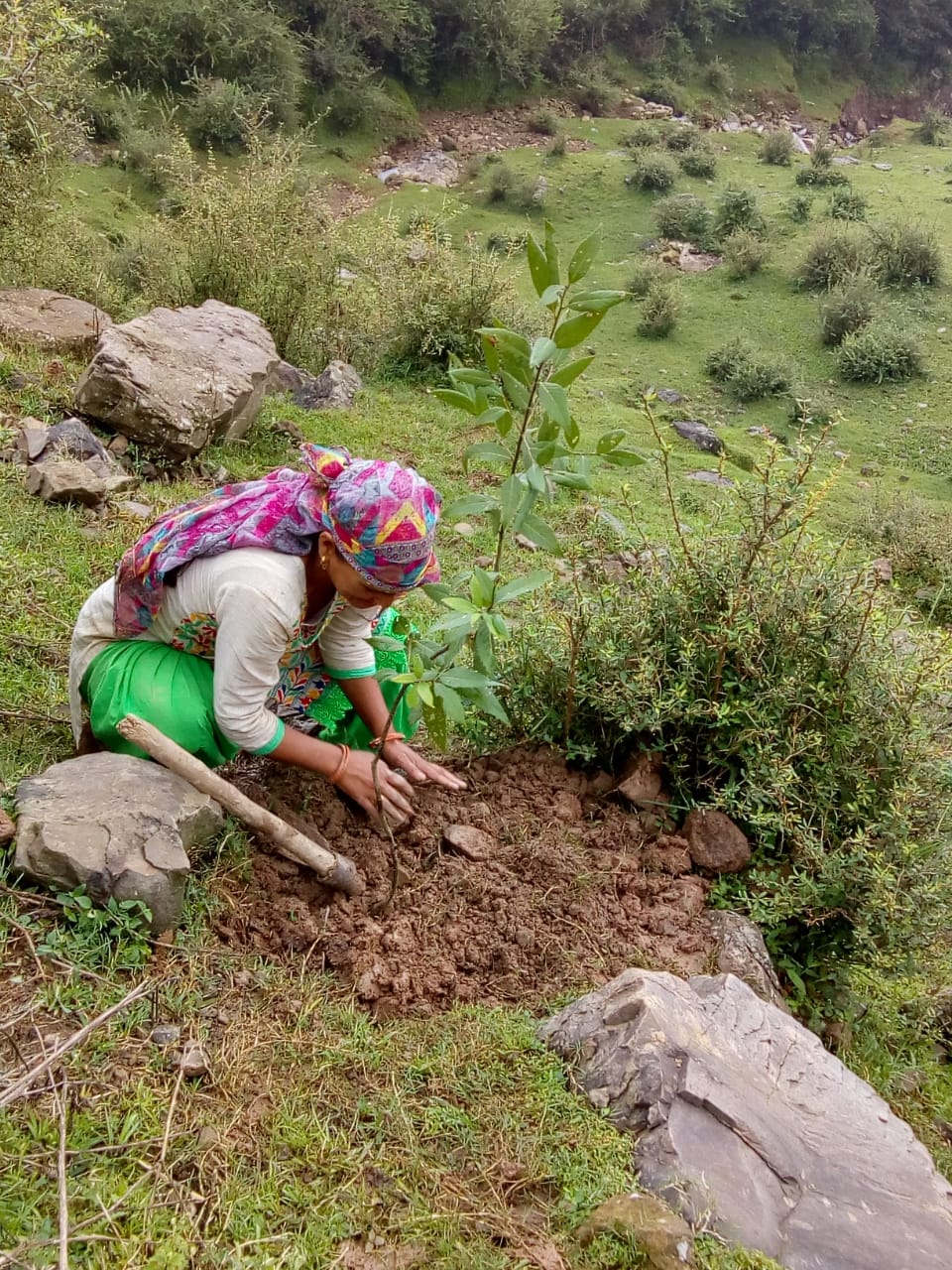
Our Contribution
- Organization and management of plantation establishment
- Nursery management and seedling production
- Participatory planning and participatory forest management
- Climate change adapted forest development
- Capacity building of project implementation partners and target groups in participatory forest resource management and diversification of income- generating activities
- Development of progress and impact M&E systems; Monitoring and evaluation of activities, performance and impacts
- Mainstreaming of best practices
- Environmental and Social Risk Assessment and Environmental and Social Management Framework (ESMF)
Results & Successes
In the project area of 43.000 ha, 12.000 ha have been treated for soil & water conservation (SWC), eradication of invasive species and plantation of 6,4 million trees involving over 1.200 villages and reaching 35.000 beneficiaries.
120 springs have been protected by the adjacent communities.
Project Partners
Himachal Pradesh Forestry Department, GOPA Worldwide Consultants GmbH
Project is aligned with the following SDGs
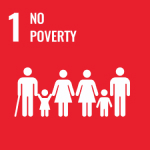
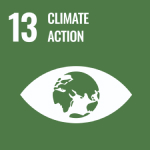
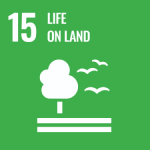
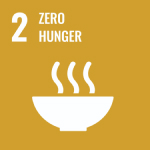
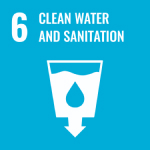
Get in touch
More Information
Let us join forces in creating a more sustainable and just world. Contact us today - we'd be glad to serve you.
info@dfs-online.de